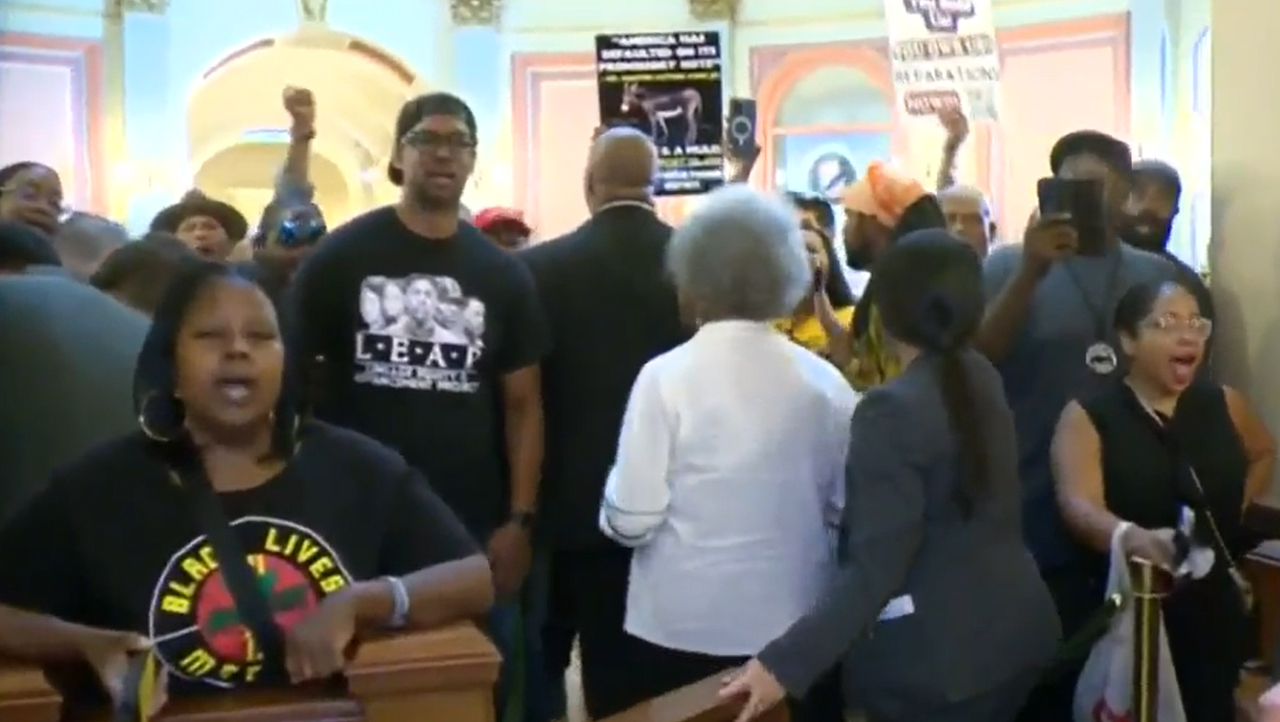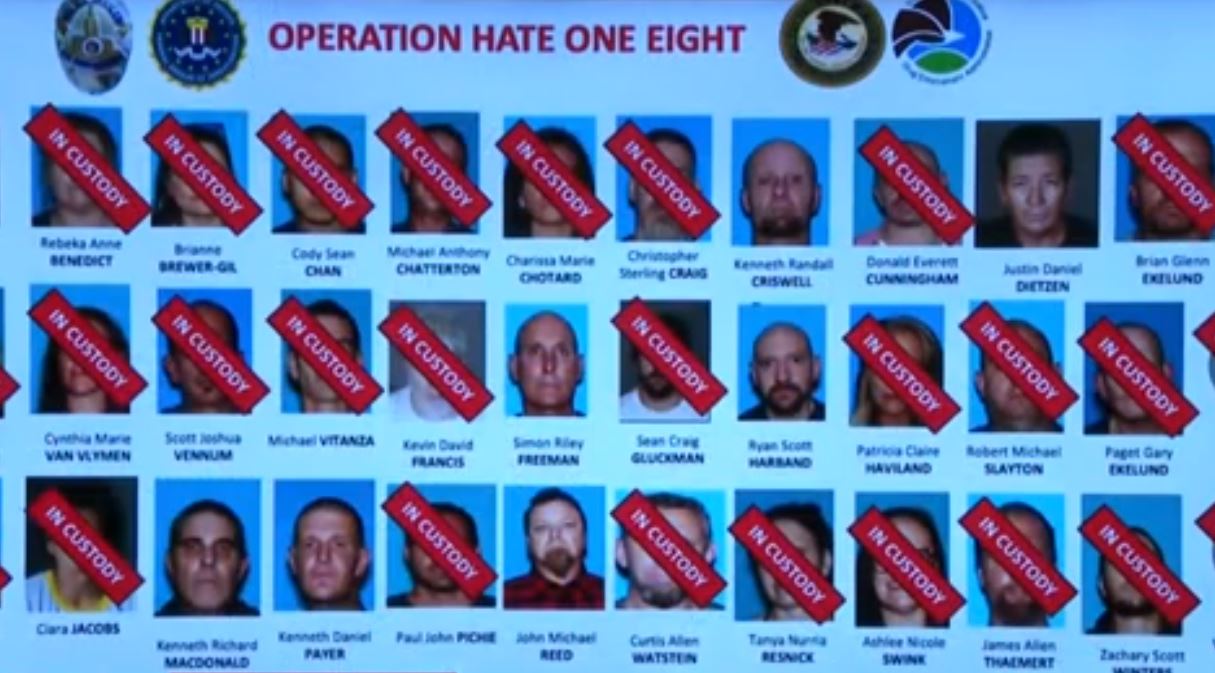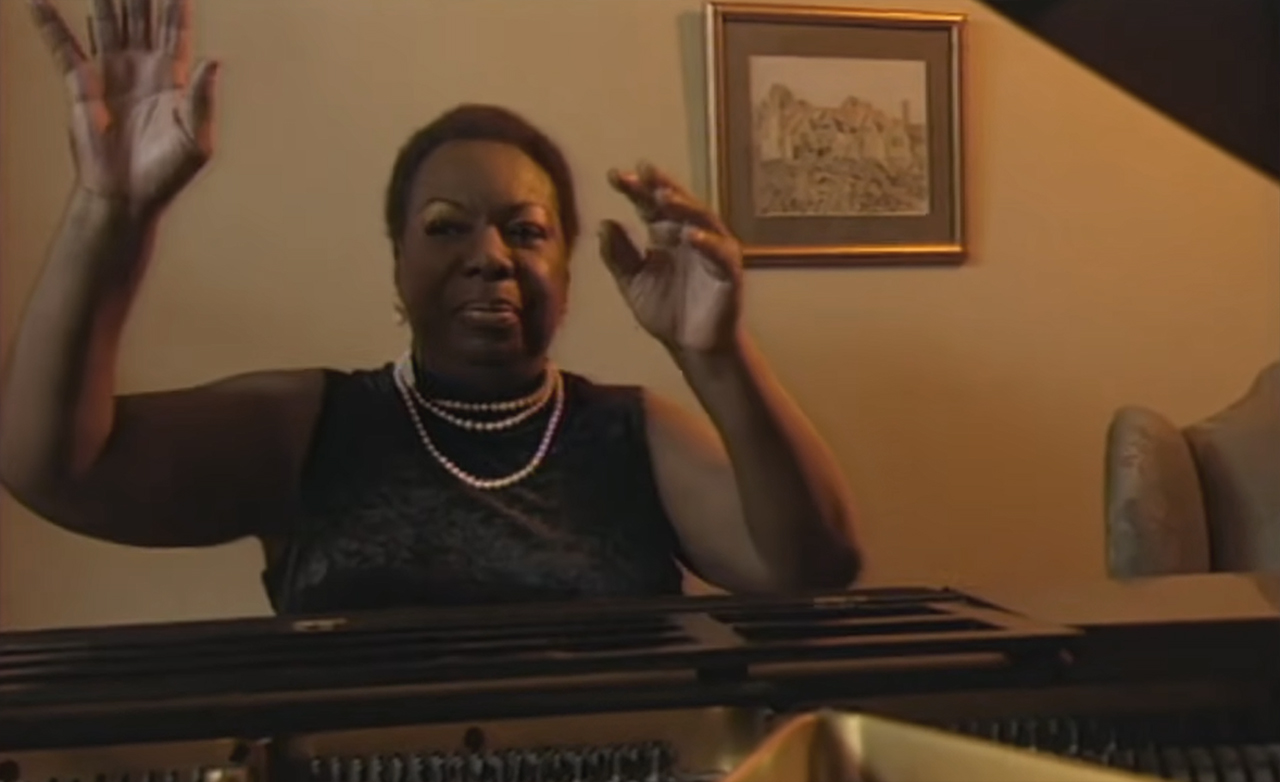
SACRAMENTO — Only one portion of a historic three-part legislation aimed at reparations for slavery and racism was approved by California lawmakers on Saturday, leaving many supporters stunned and upset.
Two of the three bills were moved to the inactive file before the end of the state’s legislative session after the California Legislative Black Caucus blocked the state Assembly from voting on the bills. Saturday was the state’s last legislative session. The discarded legislation would have created a fund for restitution and established an agency that reviews and makes decision such eligibility for reparations.
The legislation was presented by state Senator Steve Bradford, a Democrat, who also proposed the agency that oversees matters related to reparations, which was originally included in the legislation.
The agency would have led the implementation of recommendations from the California Reparations Task Force, which released a report in June of last year. The task force was a committee established in 2021 — and supported by Gov. Gavin Newsom — that focused on studying the history and impact of slavery, racial discrimination, and violence against African Americans.
According to report from the task force, despite slavery being illegal in California, up to 1,500 African Americans were enslaved and living in the state during the Gold Rush.
Proponents of the dropped reparations bills were upset after learning members of the California Black Caucus were divided about moving forward with putting the bills on the floor over some concerns Gov. Newsom would veto the legislation.
Demonstrators at the capitol were upset over the last-minute changes.
Many of the California Legislative Black Caucus members did not immediately respond to questions from media about why the bills did not move forward at the session.
Bradford told Reuters that Newsom’s administration expressed “fiscal concerns” over the legislation.
More on the proposed reparations bills and California Reparations Task Force.

Blog dedicated to news and viewpoints from Black journalists who support, and inform, communities of color.
Original content, and curated articles, are posted and updated daily.







